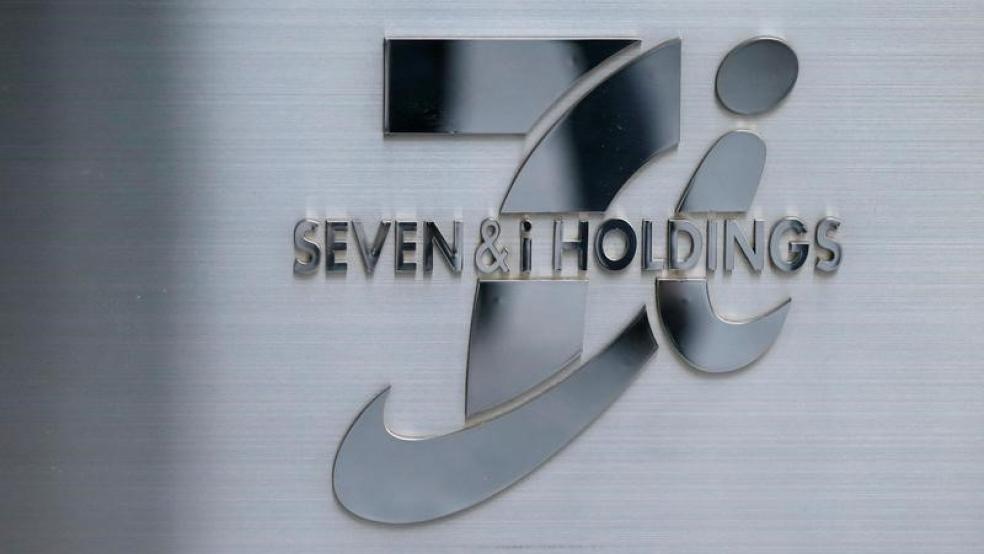WASHINGTON (Reuters) - Seven & i Holdings Co Ltd , the Tokyo-based parent company of the 7-Eleven network of stores, agreed to sell and divest some of its stores in its proposed $3.3 billion acquisition of 1,100 Sunoco LP outlets, the U.S. Federal Trade Commission said Friday.Under the terms of the consent agreement, 7-Eleven will sell 26 retail fuel outlets that it owns to Sunoco, and Sunoco will retain 33 fuel outlets that 7-Eleven otherwise would have acquired. The FTC said without the sales the acquisition would harm competition in 76 local markets across 20 metropolitan areas and potentially result in higher prices. The deal was announced in April 2017.The FTC said without the conditions, 7-Eleven would have a monopoly in some markets. The deal will preserve competition as Sunoco will convert the stations retained and acquired from 7-Eleven from company-owned sites to stations run by independent operators.The remedy will "preserve competition as it is today, ensure that the divestiture assets go to a viable, large-scale competitor, and reduce the risks and costs associated with asset integration," the FTC said.The U.S. network of 7-Elevens consists of approximately 8,500 stores located in 35 states and more than 1,000 locations are company-operated.The FTC said without the required divestitures a number of places would have uncompetitive markets include areas around Boston; Buffalo, New York; Fort Myers, Florida, Miami, Florida; Richmond, Virginia and the metropolitan Washington, DC area.Under the agreement, 7-Eleven must provide notice for 10 years of plans to acquire additional outlets in the 76 local areas.Sunoco announced the deal to sell the 1,000 convenience stores to 7-Eleven’s U.S. unit to focus on its fuel supply business. Sunoco said in November on an earnings call it hoped to close the transaction before the end of the year but said it could slip into the first quarter depending on regulatory reviews. (Reporting by David Shepardson; Editing by Lisa Shumaker and Diane Craft)




